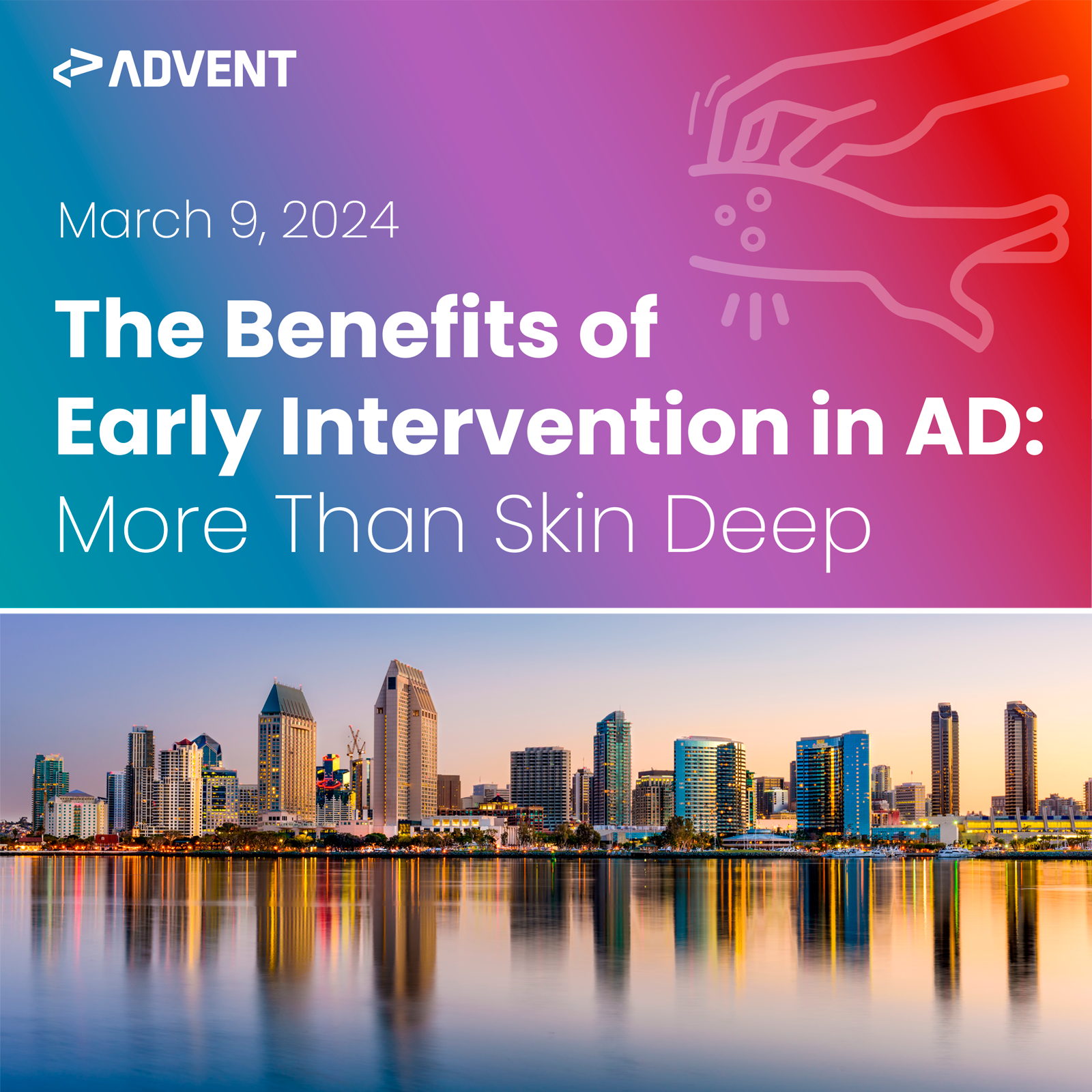ADVENT is a global medical education non-promotional program by Sanofi and Regeneron. This website is intended only for duly authenticated healthcare professionals in Algeria, Argentina, Australia, Austria, Bahrain, Belgium, Brazil, Bulgaria, Canada, Chile, China, Colombia, Costa Rica, Croatia, Czech Republic, Denmark, Dominican Republic, Ecuador, Egypt, Estonia, Finland, France, Germany, Greece, Guatemala, Hong Kong, Hungary, Iceland, India, Israel, Italy, Japan, Kuwait, Latvia, Lebanon, Lithuania, Macau, Malaysia, Norway, Oman, Panama, Peru, Poland, Portugal, Qatar, Romania, Saudi Arabia, Singapore, Slovenia, South Africa, South Korea, Spain, Sudan, Sweden, Switzerland, Taiwan, Thailand, The Netherlands, Turkey, United Arab Emirates, or the United States of America.
For healthcare professionals in Algeria: Please read the additional Terms of Use.

© 2026 Sanofi and Regeneron Pharmaceuticals, Inc.
All rights reserved.
MAT-US-2305040 v4.0 – P Expiration Date: 10/16/2027
All Rights Reserved.
Sanofi and Regeneron are global leaders in pharmaceutical development, each with a long history of supporting frontline physicians to improve human health and reduce the burden of disease. Driven by the same commitment to patients and their families, Sanofi and Regeneron have partnered to take on type 2 inflammation and the range of chronic conditions in which excessive inflammation plays a role.



